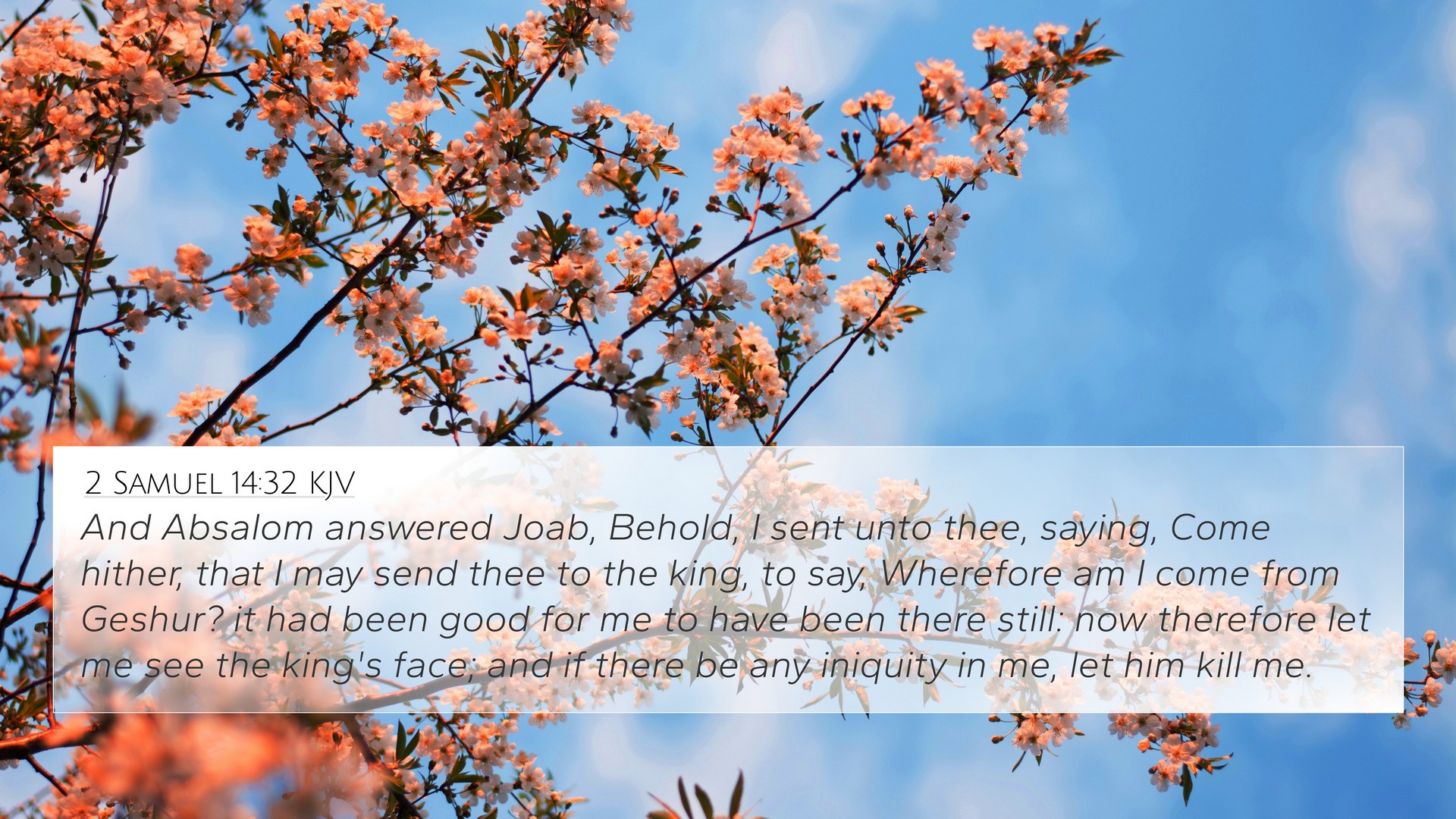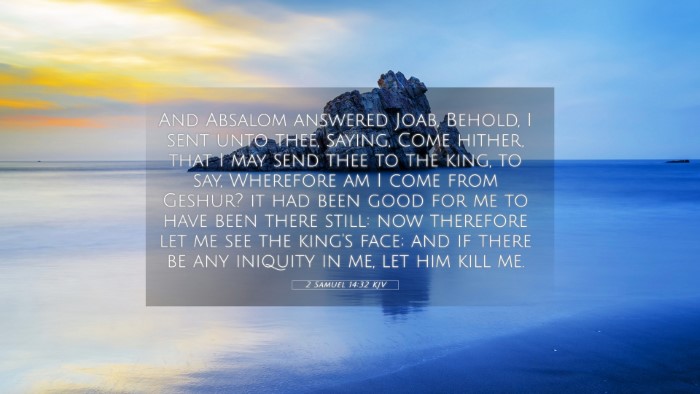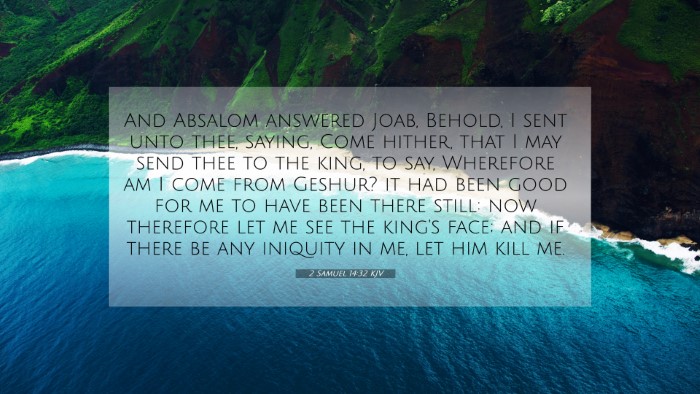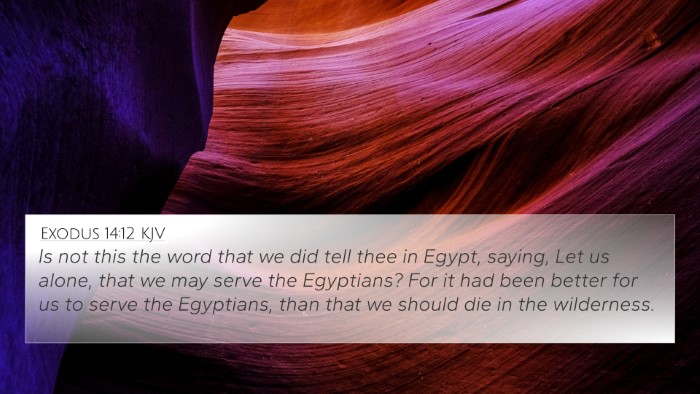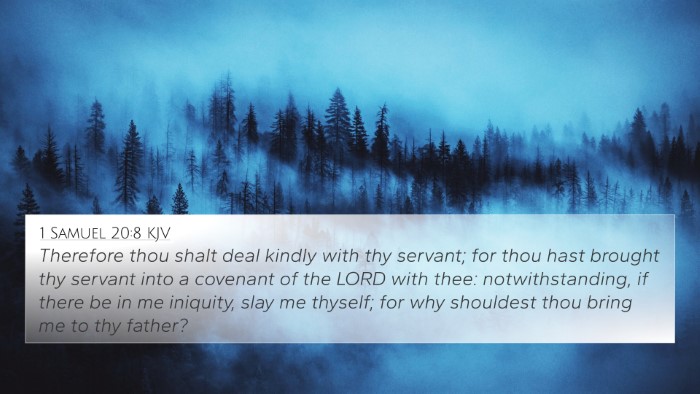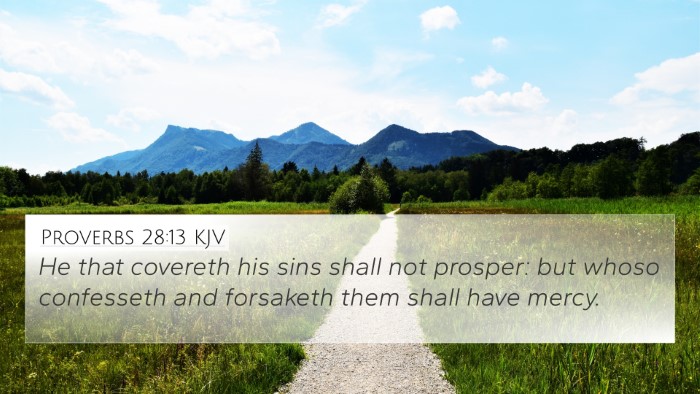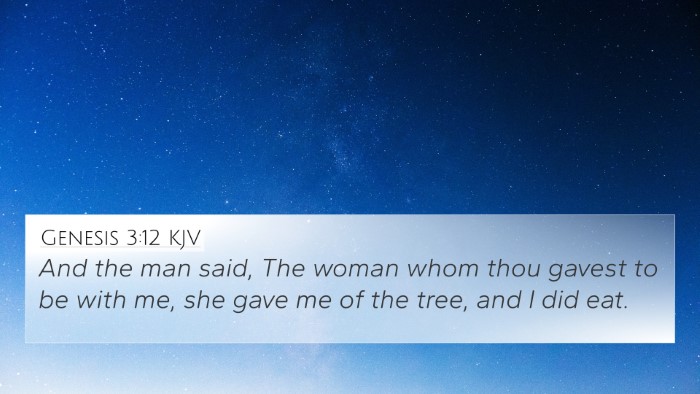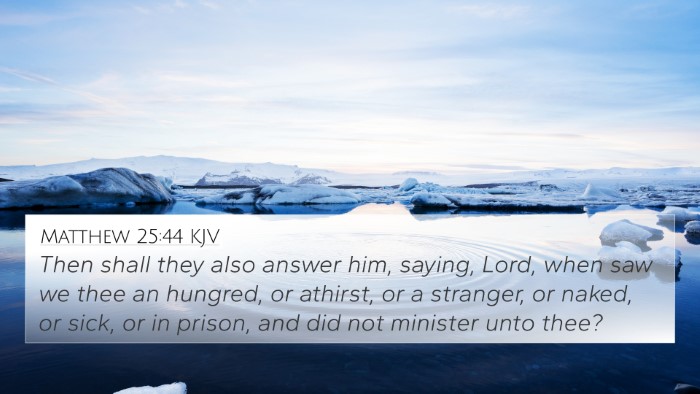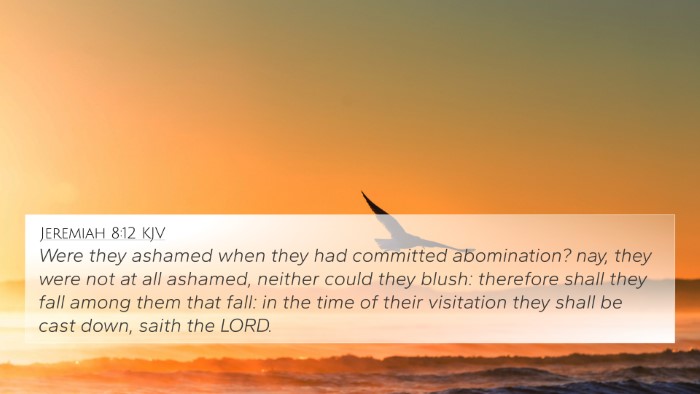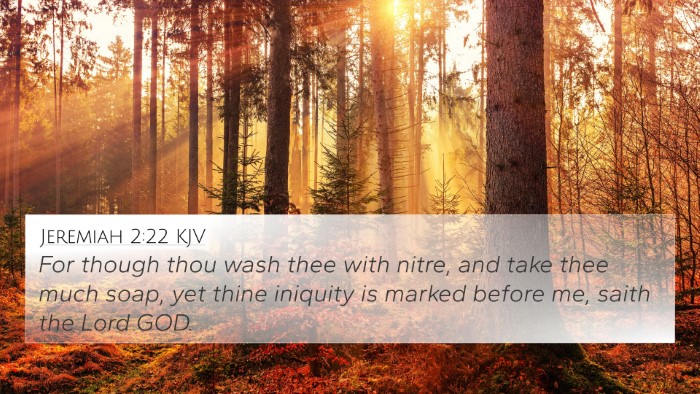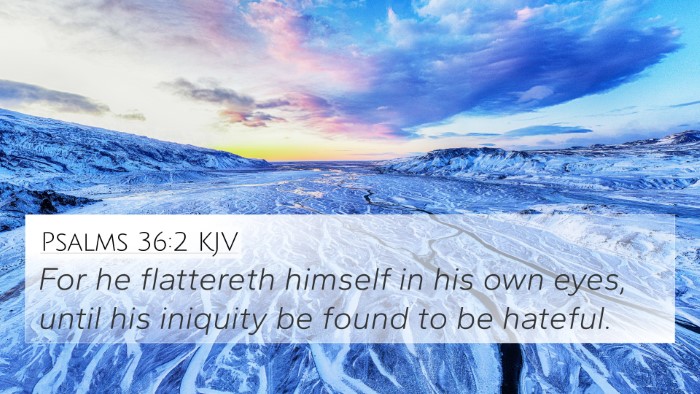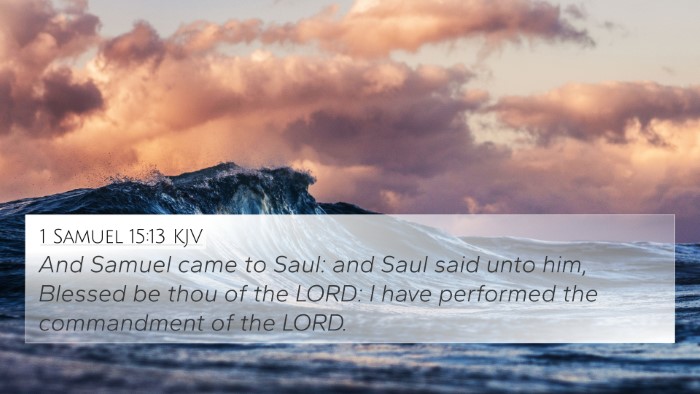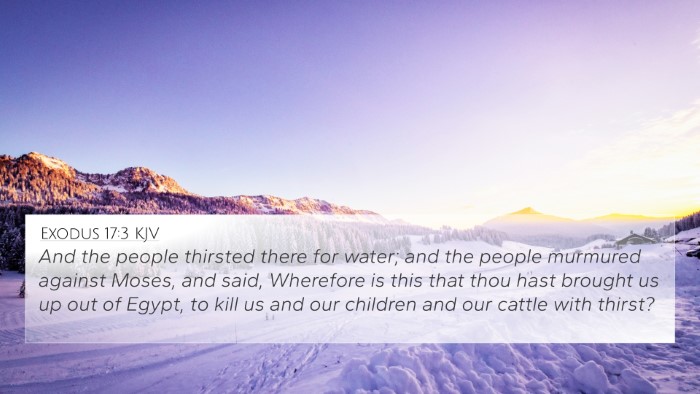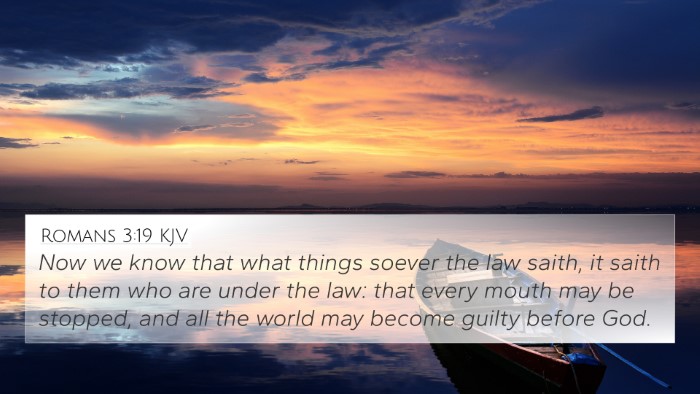Understanding 2 Samuel 14:32
Verse: 2 Samuel 14:32
This verse captures a significant moment in the narrative concerning Absalom and Joab. It reflects the complexities of interpersonal relationships in the context of David's reign. Below, we provide a blended analysis based on esteemed public domain commentaries, which helps elucidate the meaning of this verse.
Commentary Insights
Matthew Henry's Commentary
Matthew Henry notes that the request of Absalom to Joab illustrates a measure of defiance against his father, King David. The verse underlines Absalom's desire for reconciliation but also for acknowledgement of his status. It highlights the tension within the royal family and the political landscape of Israel at that time. Moreover, it shows how personal ambition complicates familial love and loyalty.
Albert Barnes' Notes
Albert Barnes emphasizes the significance of Absalom's actions as indicative of deeper underlying issues, particularly his estrangement from David. The commentary suggests that Absalom was willing to take drastic measures to seek attention and validation, which ultimately led to further conflict. Barnes discusses the moral implications of this verse, particularly the consequences of familial estrangement.
Adam Clarke's Commentary
Adam Clarke provides an in-depth analysis of the broader context surrounding this verse. He points out that Absalom’s address to Joab signifies a pivotal point in the interaction between key figures of the story. Clarke elaborates on the importance of communication in the narrative and warns of the potential pitfalls in relationships marked by past grievances. He encourages readers to reflect on the themes of forgiveness and reconciliation present in the story.
Thematic Connections
The verse serves as a nexus for various biblical themes and parallels. It invites readers to consider:
- Familial Relationships: Examining how family dynamics influence personal actions and political power.
- Reconciliation: The ongoing struggle for restoration in relations, akin to Biblical themes portrayed in the Prodigal Son (Luke 15:11-32).
- Ambition and Power: Understanding the dangers of unchecked ambition, reminiscent of Saul's jealousy of David.
- Conflict Resolution: Insights into resolving disputes as seen in Matthew 18:15-17.
- The Role of Intercessors: Exploring how figures like Joab influence the course of events in narratives across the scripture.
Cross-References to 2 Samuel 14:32
To enrich the understanding of 2 Samuel 14:32 and provide tools for deeper scriptural cross-referencing, here is a list of relevant Bible verses:
- 2 Samuel 13:28-29: The story of Amnon and Absalom highlights themes of fraternal conflict.
- 2 Samuel 15:1-6: Absalom’s rising ambition and its connection to his earlier estrangement.
- Psalm 55:12-14: Expresses betrayal within close relationships, echoing Absalom’s situation.
- Proverbs 18:19: Insights on how a brother offended is harder to be won than a strong city.
- Lamentations 3:17-18: Feelings of abandonment, resonating with Absalom’s emotional state.
- Matthew 5:23-24: Jesus speaks on the necessity of reconciliation before offerings.
- Luke 15:30: The sibling rivalry seen in the parable of the Prodigal Son adds relational depth.
- 1 Corinthians 3:3: Paul speaks on envy and strife among believers, reflecting the themes in Absalom’s ambition.
- James 4:1-3: Discusses conflicts arising from desires, relevant to Absalom's motives.
- Genesis 4:8: Cain’s murder of Abel offers an early example of fraternal conflict evolving into violence.
Conclusion
The exploration of 2 Samuel 14:32 through these commentaries sheds light on the depth of human relationships, ambition, and the quest for reconciliation. By linking this verse to the broader narrative of the Bible, readers can better understand the themes present throughout scripture and apply these lessons thoughtfully in their own lives.
Further Study Tools
For those interested in delving deeper into the connections between Bible verses, consider using the following tools:
- Bible concordance for easier lookup of terms.
- Bible cross-reference guide to enhance study.
- Comprehensive Bible cross-reference materials for broader study.
- Cross-referencing Bible study methods to promote understanding.
- Utilizing Bible reference resources for thematic connections.
